|
I am currently pursuing a Ph.D. in Information at Florida State University, where I am advised by Dr. Marcia A. Mardis, who leads the FSU Information Institute. I also work as a student researcher at CCI Machine Learning Lab under the supervision of Dr. Jonathan Adams. I graduated with a Bachelor's degree in Computer Science from Karunya Institute of Technology (India) in 2018 and earned my Master's degree in Information Technology from Florida State University in 2020. Email / CV / LinkedIn / Google Scholar |

|
ResearchI am interested in research areas related to Generative Artificial Intelligence (GenAI), AI-powered chatbots, Information-seeking Behavior, Human-Computer Interaction (HCI), and AI in Education (AIED). My overarching goal is to advance the field by enhancing human-computer interactions and improving learning experiences through innovative AI applications. |
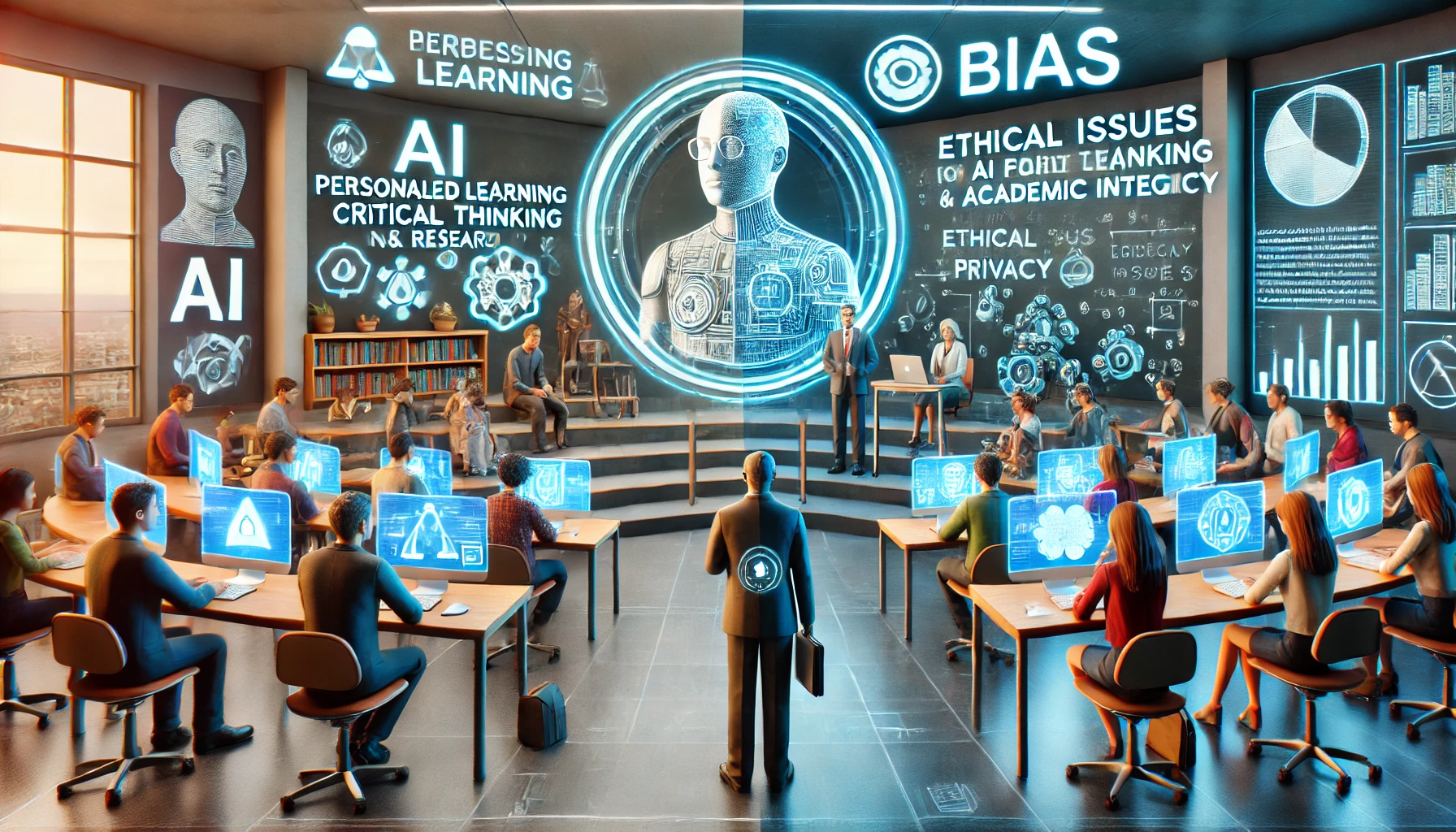
|
Acceptability of AI in Higher Education: What’s Important?
Jonathan Adams, Benhur Ravuri, Willa Gutowski SITE conference 2025 This study examines faculty perspectives on generative AI adoption in higher education, revealing that while proponents emphasize benefits like personalized learning and research facilitation, skeptics raise concerns about critical thinking, academic integrity, and ethical issues, highlighting the need for institutions to strategically integrate AI while preserving human judgment and academic values. |
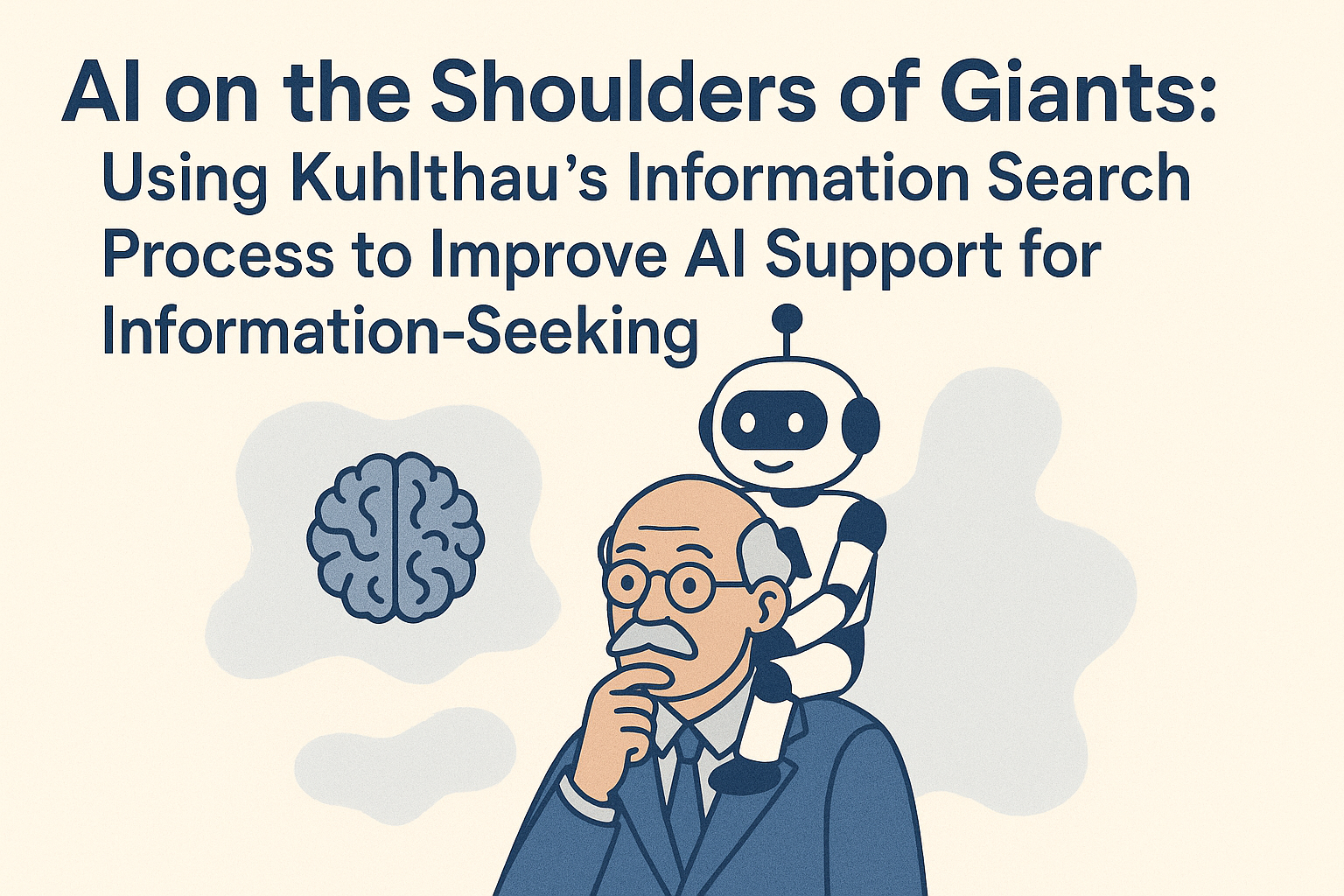
|
AI on the Shoulders of Giants: Using Kuhlthau’s Information Search Process to Improve AI Support for Information-Seeking
Benhur Ravuri & Marcia A. Mardis Library Trends Journal 2025 This study explores how librarians' use of clarifying questions to guide patrons parallels chatbot-user interactions, suggesting that applying Kuhlthau’s Information Search Process (ISP) can help improve AI-driven chatbots by enhancing prompt engineering, refining responses, and balancing human mediation in information-seeking. |
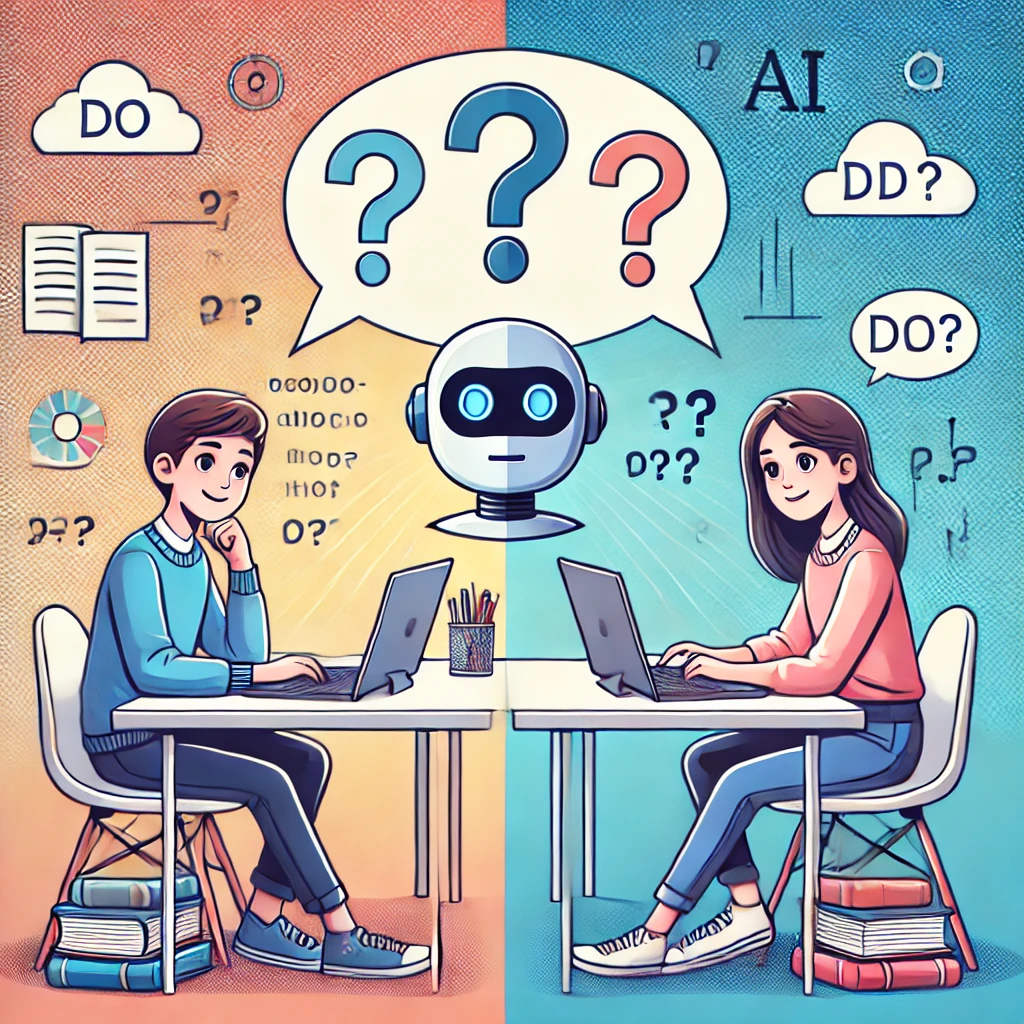
|
ChatGPT, a Friend or Foe for Education?" Analyzing the User’s Perspectives on The Latest AI Chatbot Via Reddit
Forhan Bin Emdad, Benhur Ravuri, Lateef Ayinde, Mohammad Ishtiaque Rahman Published in IEEE IATMSI 2024 Proceedings, Best Paper Award This study analyzed 247 Reddit posts on ChatGPT in education. Most users were neutral, but positive views outweighed negative ones. While ChatGPT helps students, it can also be biased or incorrect. Understanding user perceptions is important. |
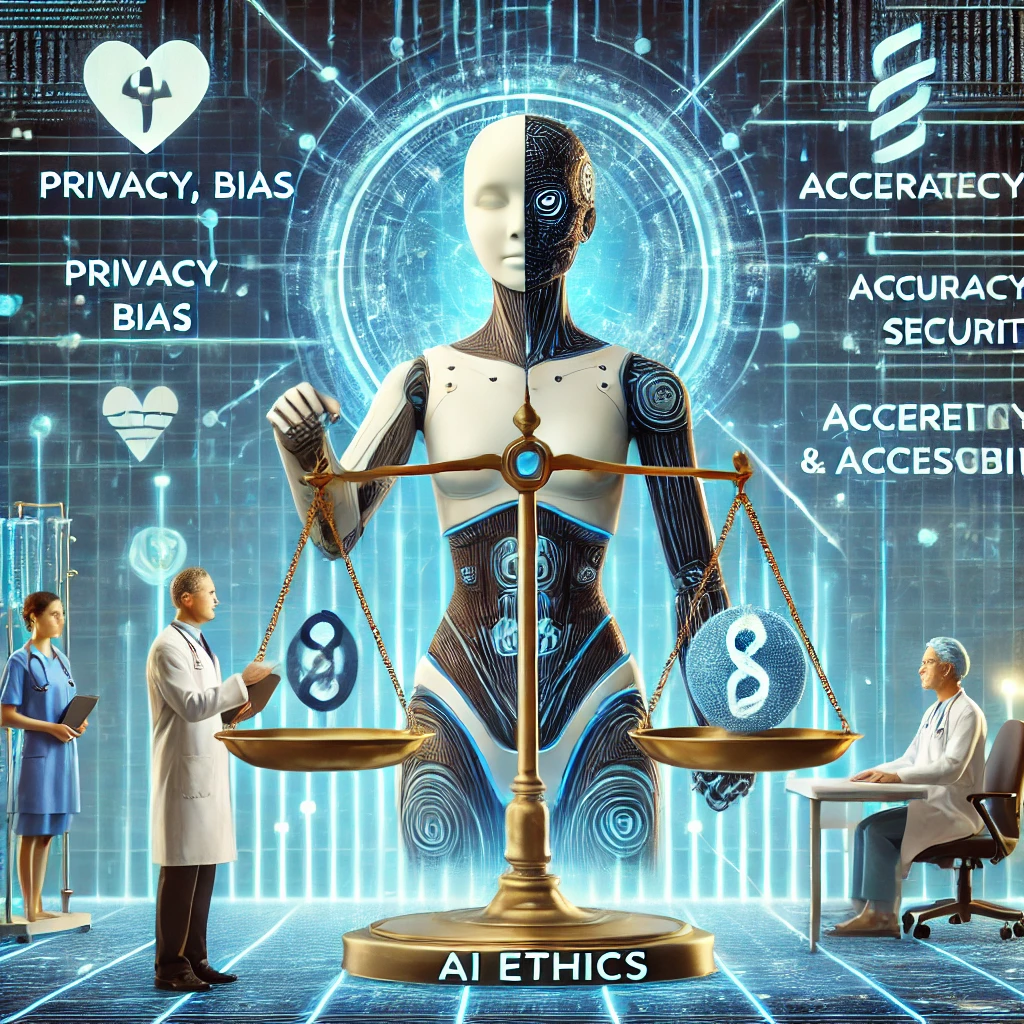
|
Towards A Unified Utilitarian Ethics Framework for Healthcare Artificial Intelligence
Forhan Bin Emdad, Shuyuan Ho Metcalfe, Benhur Ravuri, Shezin Hussain Published in AMCIS 2023 Proceedings This study examines key ethical principles in AI for healthcare through thematic analysis. Using survey data from 36 AI experts (Pew Research Center, 2020), it identifies justice, privacy, bias, regulation gaps, risks, and interpretability as major concerns. To address these issues, the study proposes a utilitarian ethics-based framework for ethical AI design in healthcare. |
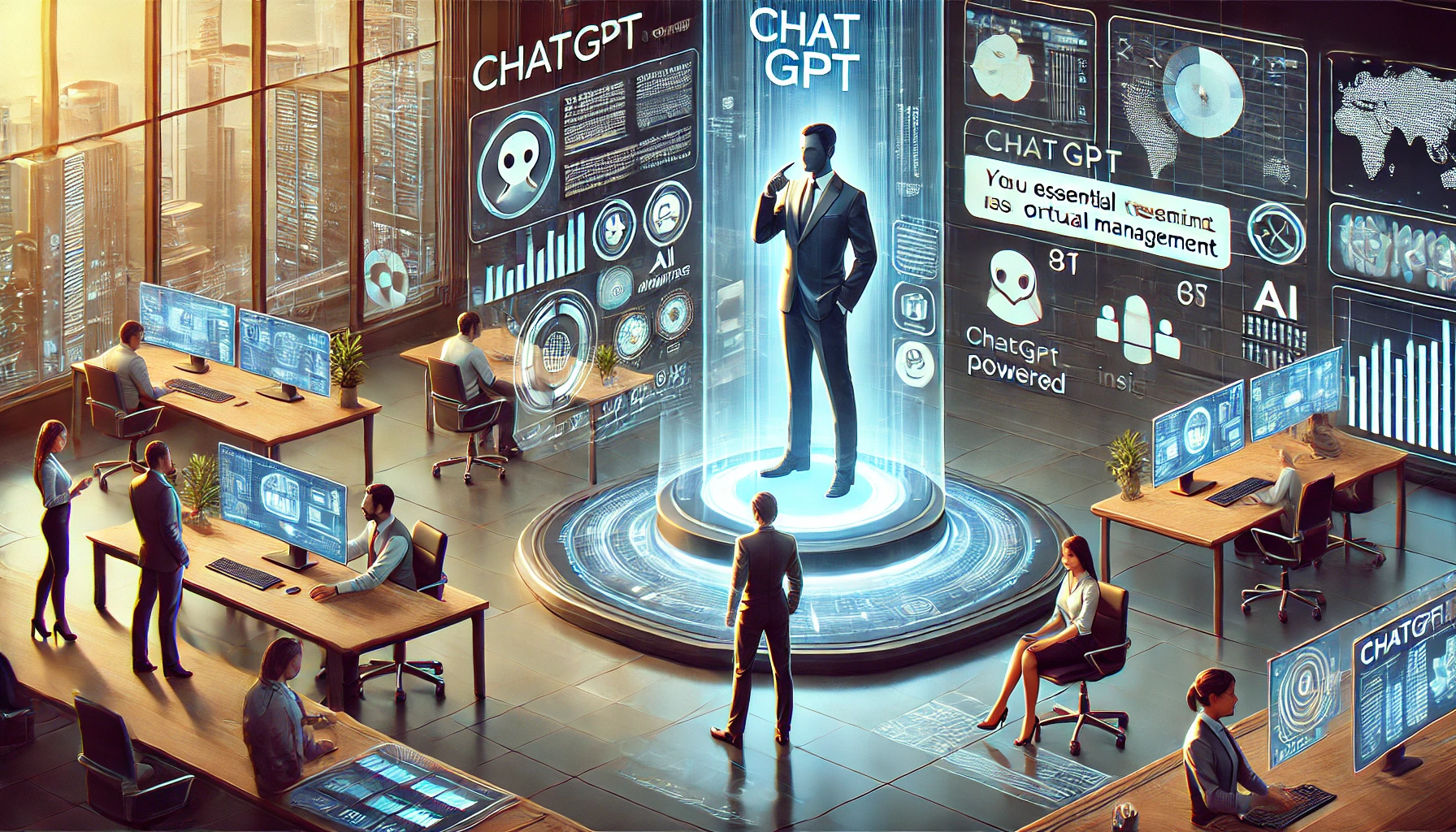
|
ChatGPT as an important tool in organizational management: A review of the literature
Lateef Ayinde, Muhamad Prabu Wibowo, Benhur Ravuri, Forhan Bin Emdad Published in Business Information Review Journal 2023 This study examines ChatGPT’s impact on organizational management, highlighting its benefits and challenges. It offers insights to help organizations integrate ChatGPT effectively. |
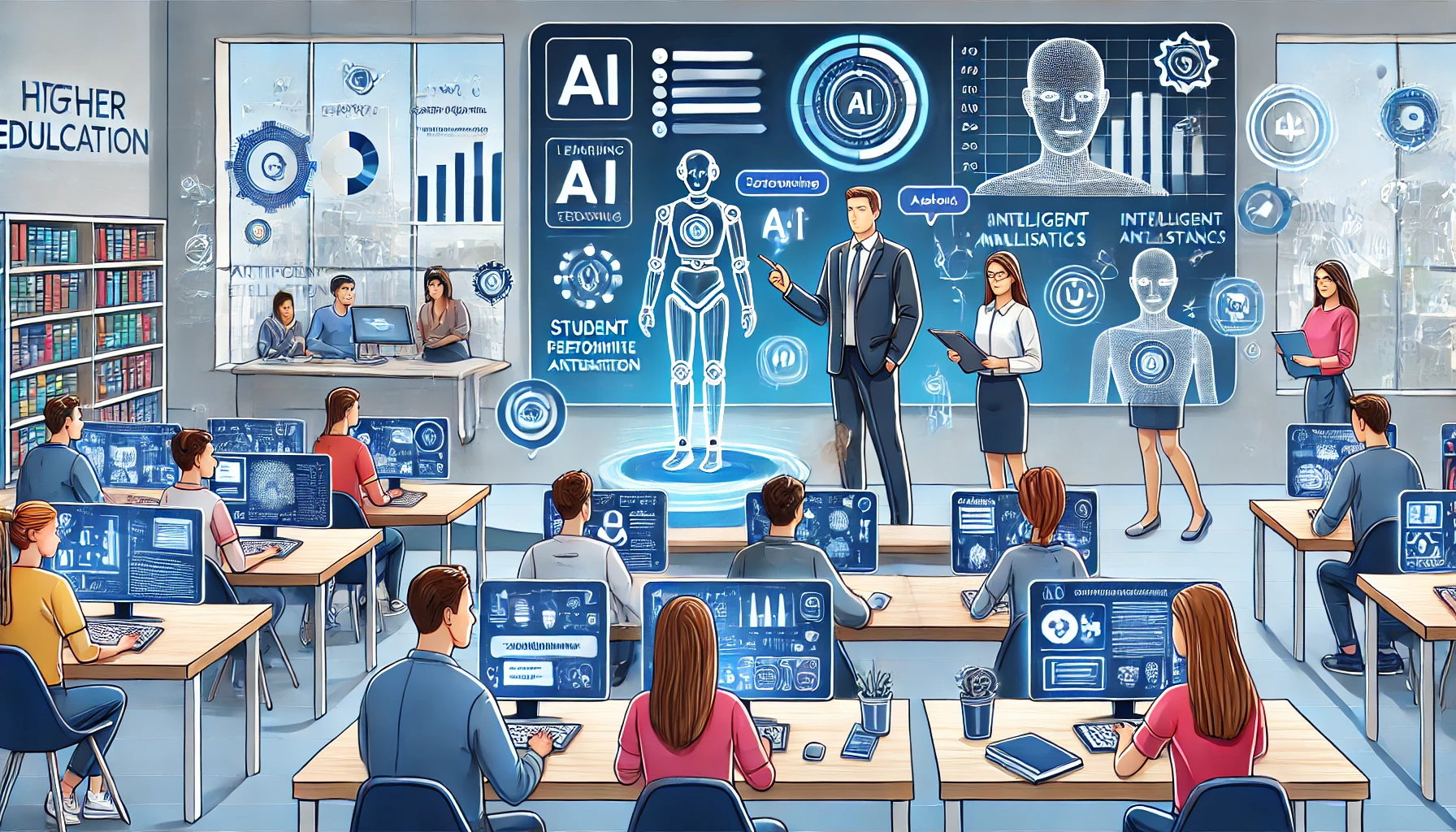
|
Uses of Artificial Intelligence in Higher Education
Jonathan Adams, Austin Roberts, Laura Obermaier, Benhur Ravuri, Odin Moja Published in EdMedia+ Innovate Learning 2023 Proceedings This paper examines AI research in higher education from 2019 to January 2023, analyzing 723 articles. After filtering for relevant terms, 113 articles were categorized into adaptive systems, assessment, profiling and prediction, and intelligent tutoring. The results show rapid AI development, with most applications focused on predicting student performance, though few tools are ready for classroom use. |
Experience |
Teaching |
Graduate Lead Instructor (2023-Present), LIS2360: Web Application Development
Graduate Teaching Assistant (2021-2023) Graduate Teaching Assistant (2019-2020) |
|
|